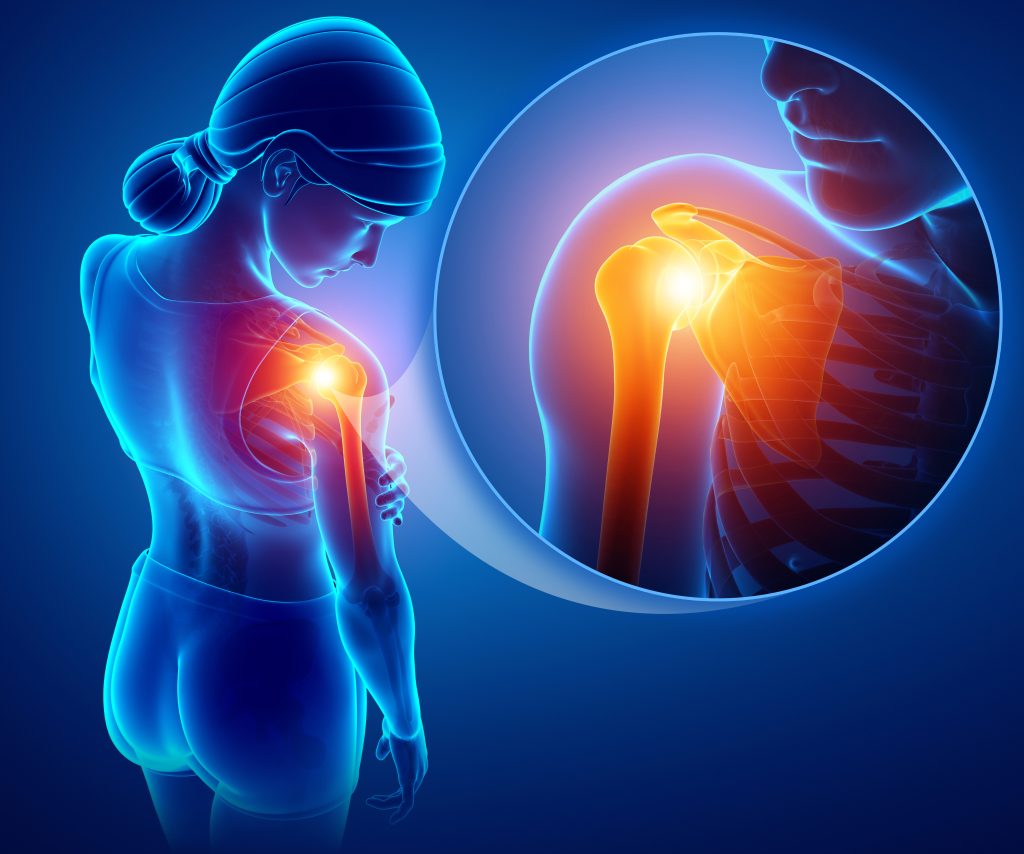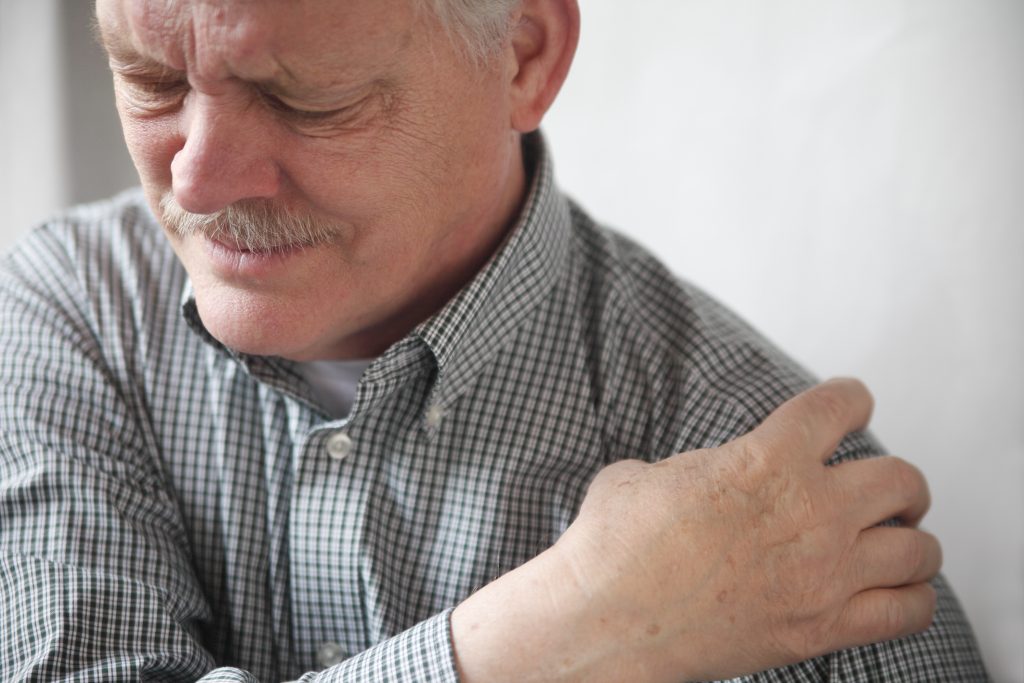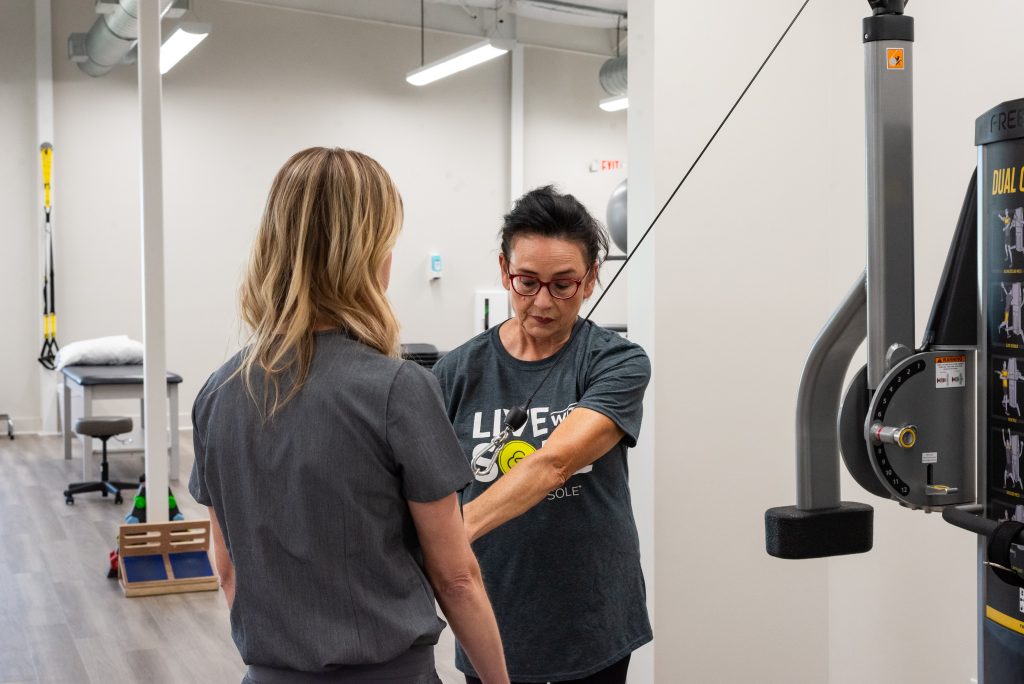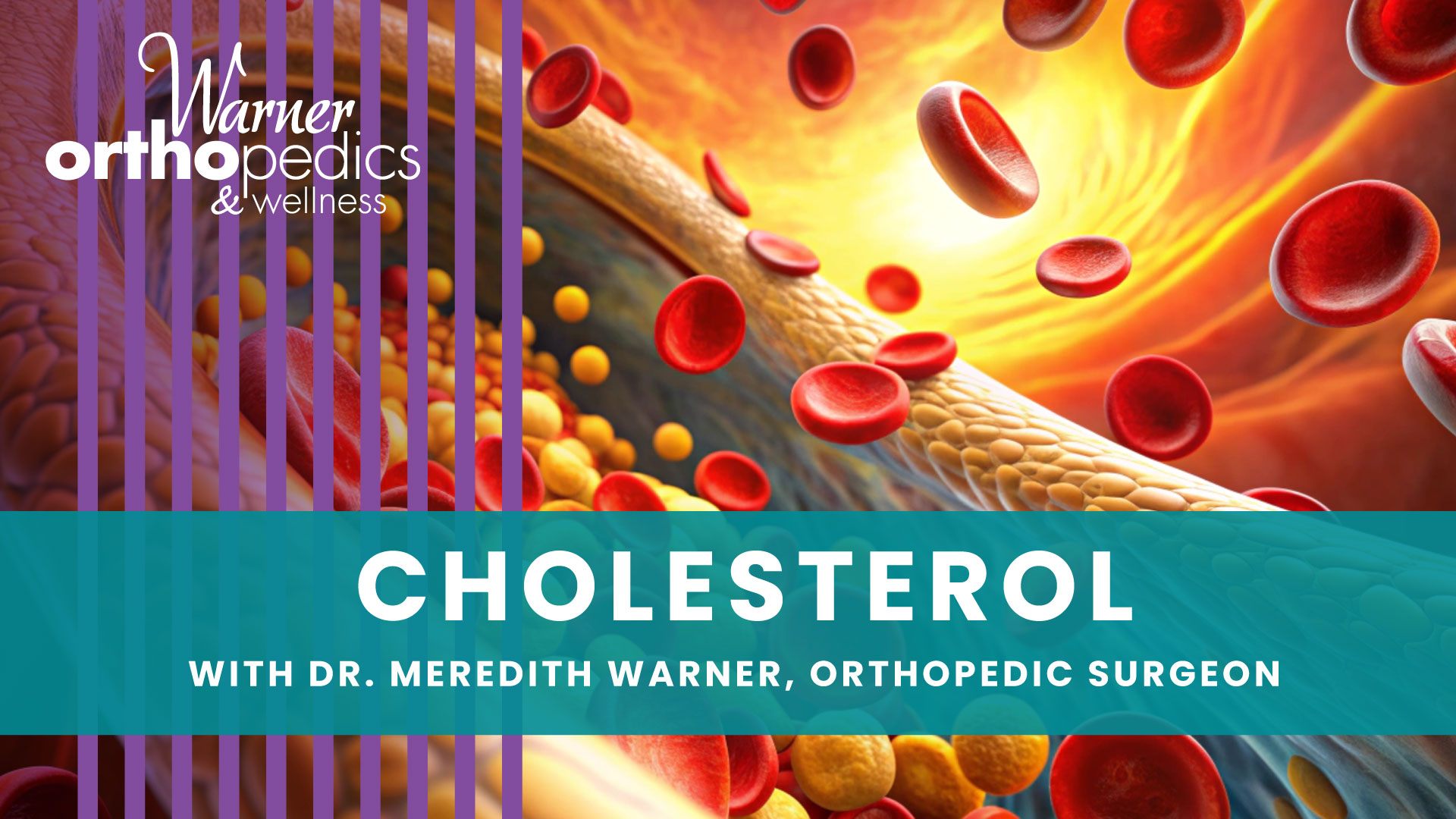Symptoms And Treatments Of Rotator Cuff Injuries

Rotator cuff injuries and/or disorders are a common problem that can significantly impact your quality of life. It is not a question of how, but when you will have a degenerative rotator cuff. The rotator cuff is a crucial group of muscles and tendons in the shoulder joint, responsible for its stability and mobility. We will explore the common symptoms, diagnostic procedures, and treatment options for rotator cuff injuries.

Common Symptoms
Rotator cuff disorders can manifest in various ways, and the severity of symptoms can vary from patient to patient. However, there are some common signs and symptoms that patients with a rotator cuff problem may experience:
Pain: One of the most prevalent symptoms is shoulder pain, typically felt on the front or side of the shoulder. This pain can be dull and aching, especially at night or when lifting objects.
Weakness: Patients often report weakness in the affected shoulder, making it challenging to perform routine tasks such as lifting, reaching, or even brushing their hair.
Limited Range of Motion: A reduced ability to move the arm, particularly when lifting it overhead or reaching behind the back, is a hallmark of rotator cuff pathology.
Crepitus: Some patients may notice a clicking or popping sensation in the shoulder joint when they move their arm. This can be a result of damaged tendons rubbing against bone. Usually, this indicates only that the shoulder bursa has adhesions and chronic inflammatory tissues.
Tenderness: The affected area may be tender to the touch, and patients may find it uncomfortable to lie on the injured shoulder. The side-position at night pulls the shoulder blade forward around the ribs. This position puts extra strain on the connective tissues connecting the shoulder blade to the shoulder itself.
Difficulty Sleeping: Pain and discomfort, especially at night, can lead to sleep disturbances, affecting the overall quality of life.

Treatment Options
The treatment approach for rotator cuff pathologies depends on several factors, including the patient’s age, activity level, the size and location of the tear, and the severity of symptoms. Here are some of the mainstream primary treatment options orthopedic surgeons consider:
Conservative Management: In cases of minor tears or degeneration (simply signal change on an MRI) or in patients who are not surgical candidates, non-surgical approaches may be recommended. This typically includes rest, physical therapy, anti-inflammatory supplements, medications, and corticosteroid injections to reduce pain and inflammation. Physical therapy focuses on strengthening the surrounding muscles to improve shoulder stability and function. Physical therapy is usually very successful and saves a surgery for the participant.
Surgical Intervention: When conservative measures do not provide relief or if the tear or problem is severe, surgical repair may be necessary. Orthopedic surgeons perform arthroscopic surgery to reattach or repair the torn tendons. In some cases, a full-thickness tear may require an open surgical procedure. The retear rate after such surgery is quite high. Rehabilitation is lengthy and painful.
Rehabilitation: Regardless of the treatment approach, postoperative or post-conservative rehabilitation is essential. Patients work with physical therapists to regain strength, range of motion, and functional abilities in the affected shoulder. The rehabilitation process can take several months, but it is crucial for a successful recovery.
Rotator cuff disorders are a common orthopedic concern that can significantly impact your daily life and mobility. Early diagnosis and appropriate treatment are crucial for achieving the best possible outcomes. The goal is to relieve pain, restore function, and improve the overall quality of life for patients with rotator cuff problems.
If you suspect there is an issue with your rotator cuff, seeking prompt medical attention from an orthopedic specialist is essential to initiate the appropriate treatment plan and begin the journey to recovery.





